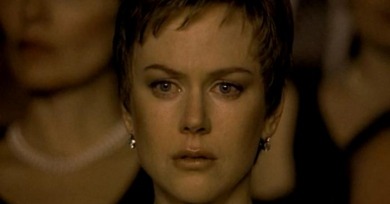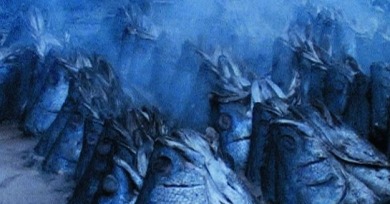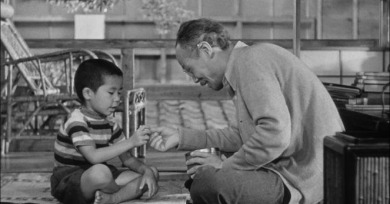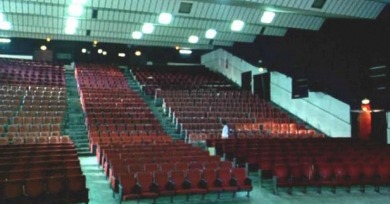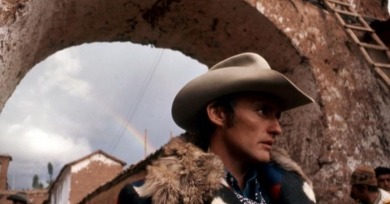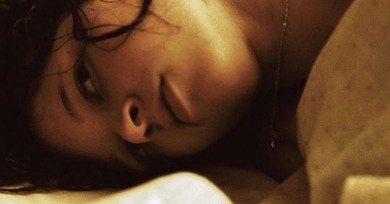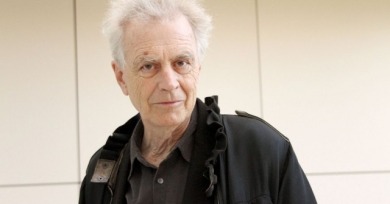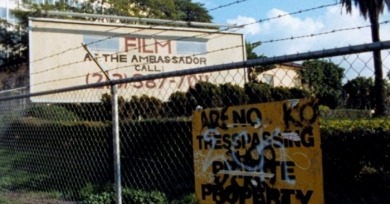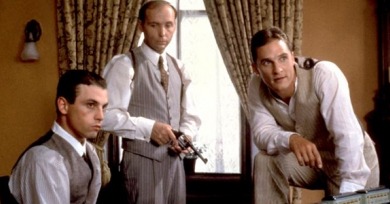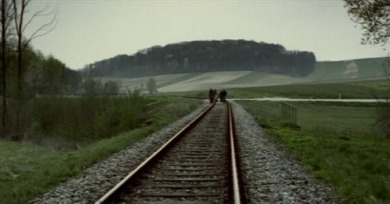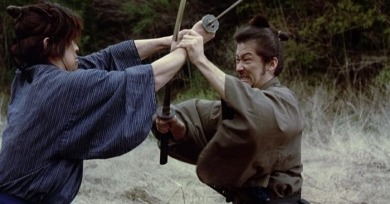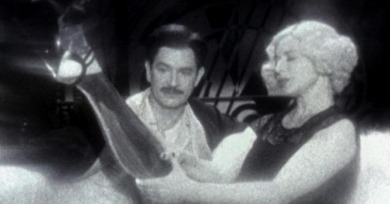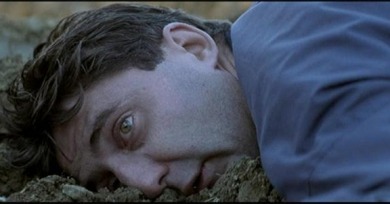Andrew Tracy
The difference lies in the inner conviction which validates Kawase’s strategies, the lack of which saps the otherwise quite impressive power of Glazer’s.
Considering that politics and aesthetics are inseparable, it’s curious how difficult it can be to not read the one as an inherent reduction of the other rather than a potential expansion.
Would it be heretical to suggest that the early films of Yasujiro Ozu are richer than his canonical work? This isn’t to impugn the later films, of course: the mature Ozu is one of the unquestioned glories of the cinema.
To describe is, always, to mislead. Words have their own logic independent of the impressions they convey, an enclosed system of meanings which the subject of description itself often has trouble penetrating.
The power of myth is that it ably removes individual initiative from the equation. What seems (and is) crude, flimsy, and base on the plane of the individual becomes omnipresent and impenetrable when lowered to that of the mass.
It is these kinds of shifts and merges which keep The Holy Girl elusive and mysterious, away from the quantification that would weigh its appropriateness as a Weinstein-worthy “prestige” product. Distinctiveness hasn't yet given way to brand-naming.
"It’s true that Los Angeles has always been a city of immigrants—that’s kind of a cliché, but it has a certain truth. When you talk to people, you find that no one was born in Los Angeles, everybody who lives there comes from somewhere else, which is maybe why it doesn’t have a living history based on collective memory."
With its three hours nearly all comprised of clips from other people’s work and selections from the public record, Los Angeles Plays Itself, while impressively comprehensive, never pretends to be empirical in its approach.
Put plainly, The Newton Boys is a film with the wind knocked out of its sails, and the enervating experience of actually sitting through it unfortunately blunts some of the value it does have to offer.
The real and filmic horrors channeled into our living rooms 24 hours a day, the instantly accessible physical reality (actual or simulated) of mass death has paradoxically pushed the apocalyptic further away.
For all the chatter about Quentin Tarantino’s cultural sampling and border jumping between high and low art, his (white) elephantine opus acts more like a colonizer, staking out a self-contained retro-vacuum where our hunger for art in American movies can thrive on faith divorced from accomplishment.
This transient quality, however, is both Maddin’s great strength and ultimate weakness. His films are more to be dreamed upon than watched; the individual works are nowhere near as potent as the half-imagined whole they constitute.
As the Dardennes anchor The Son to the body of Olivier Gourmet, Dumont sees his world through the eyes and flesh of Schotté’s Pharaon, a slow, shambling, awkward man whose odd demeanor cannot be wholly attributed to the loss of his wife and son a year previously.
